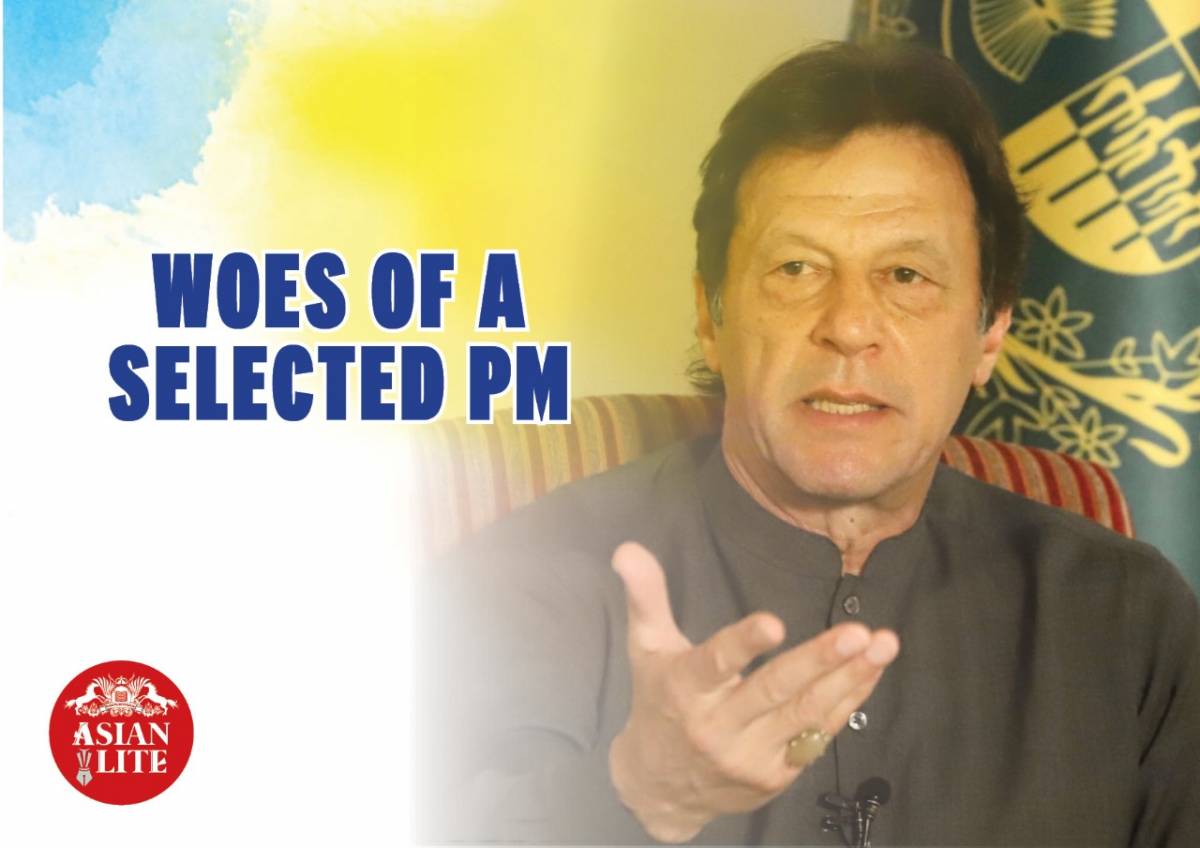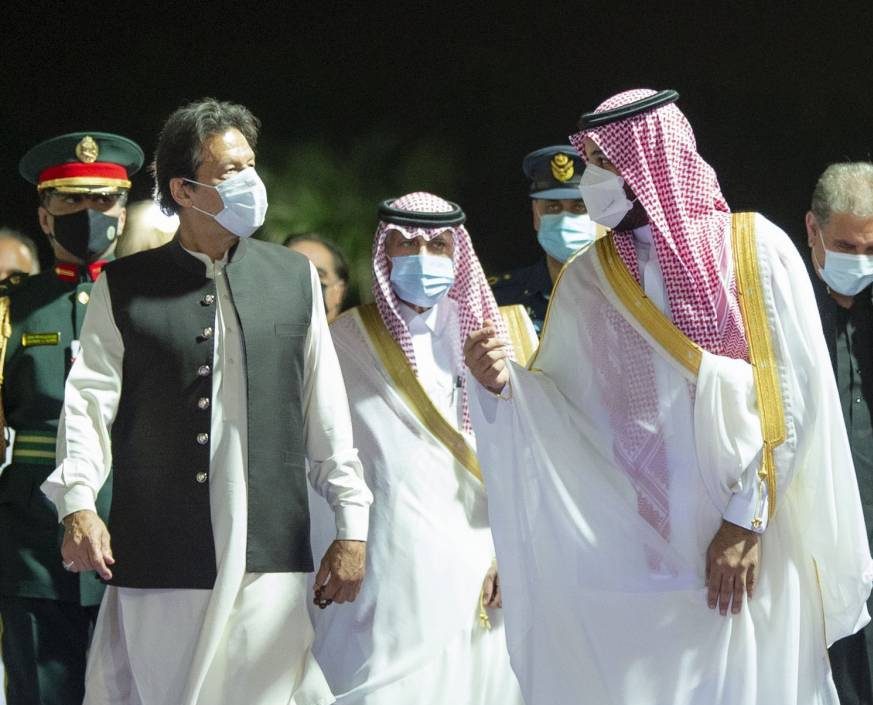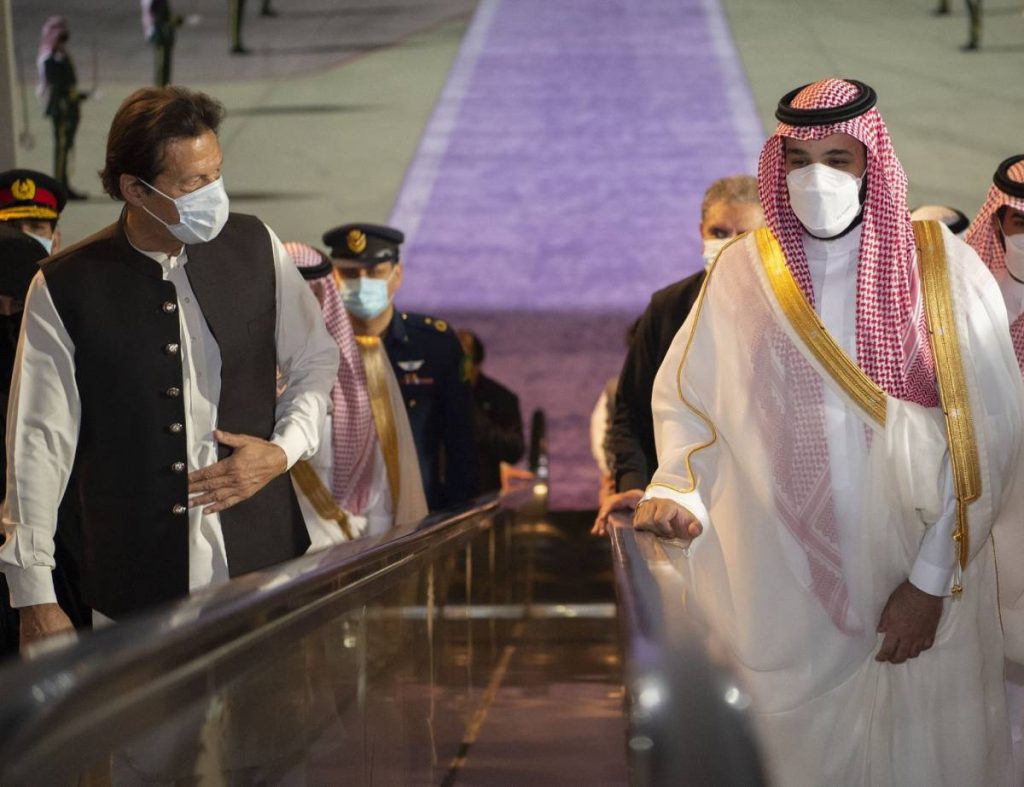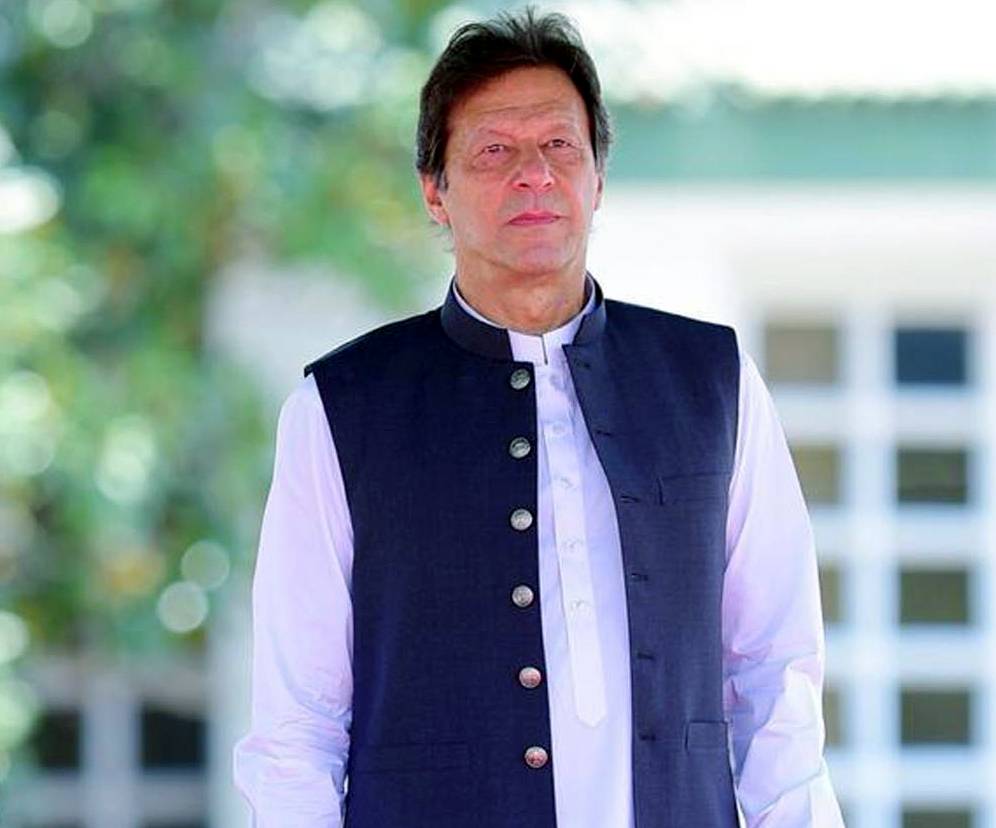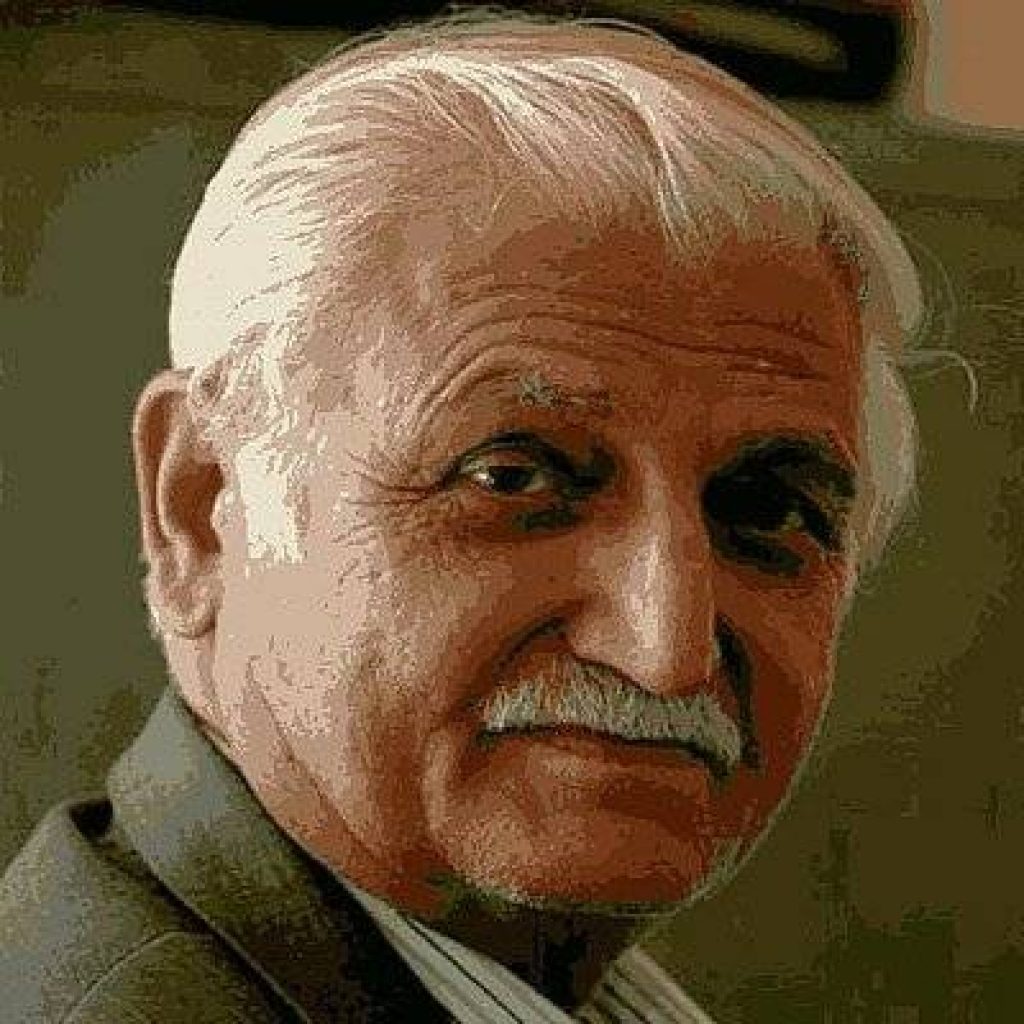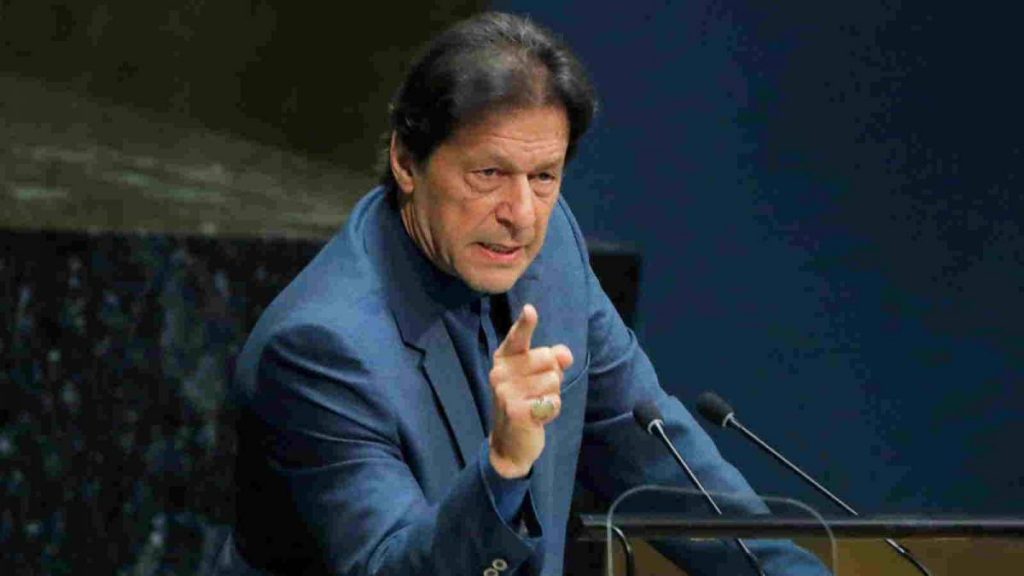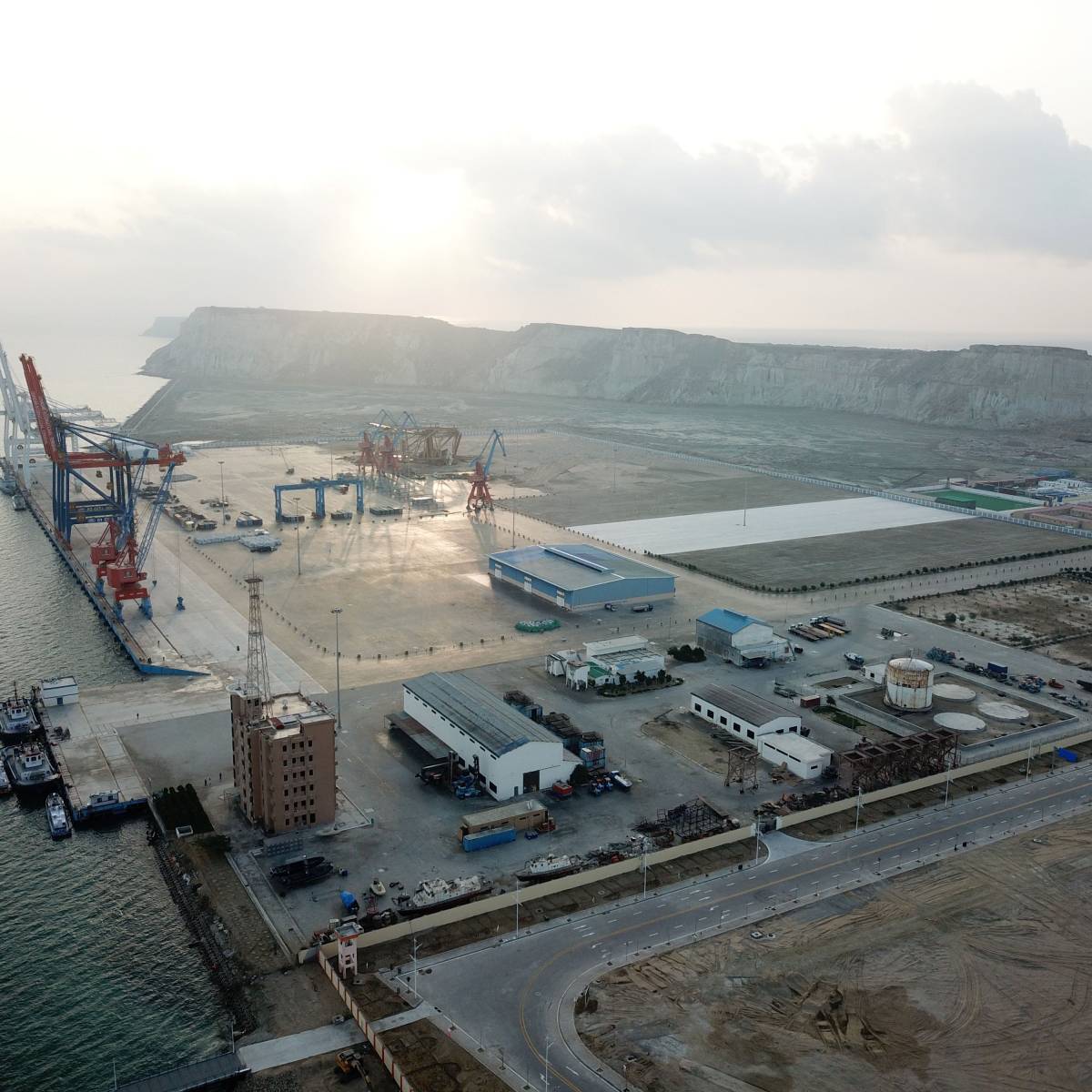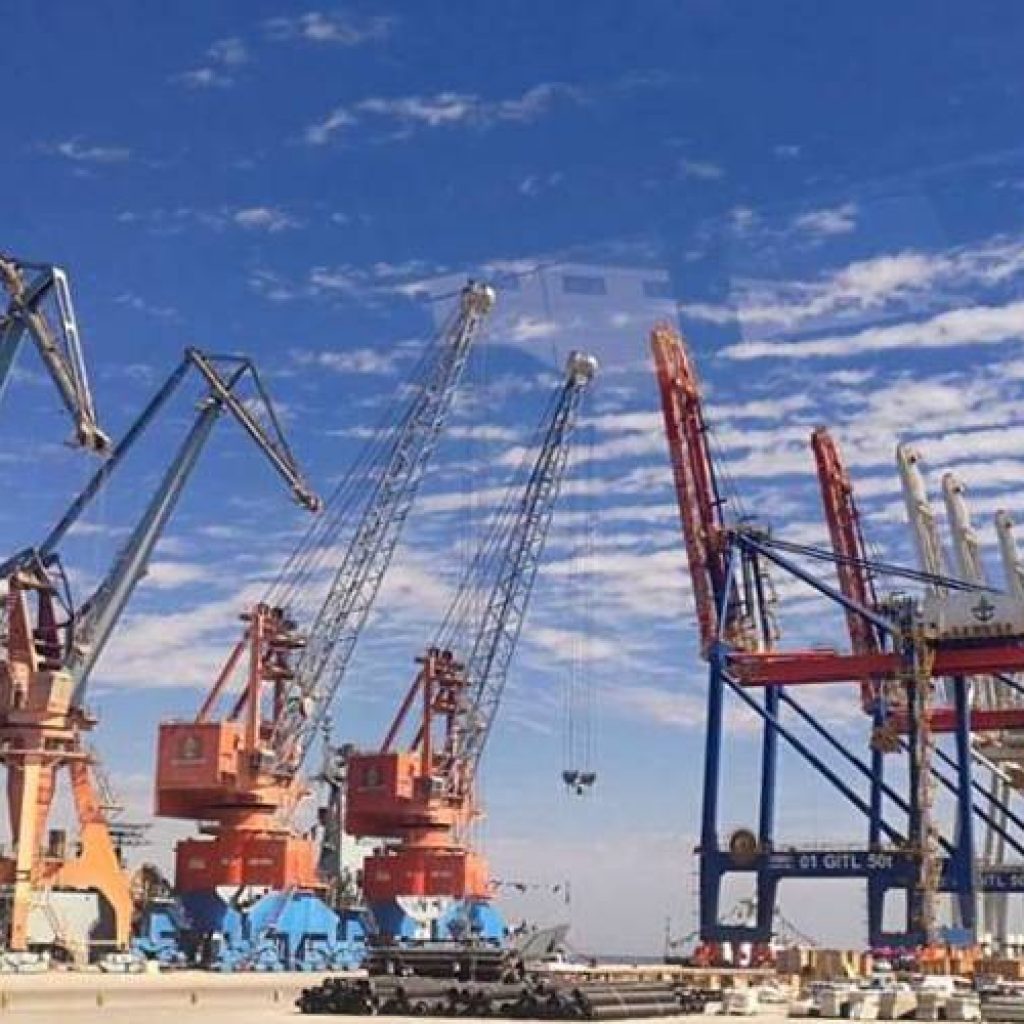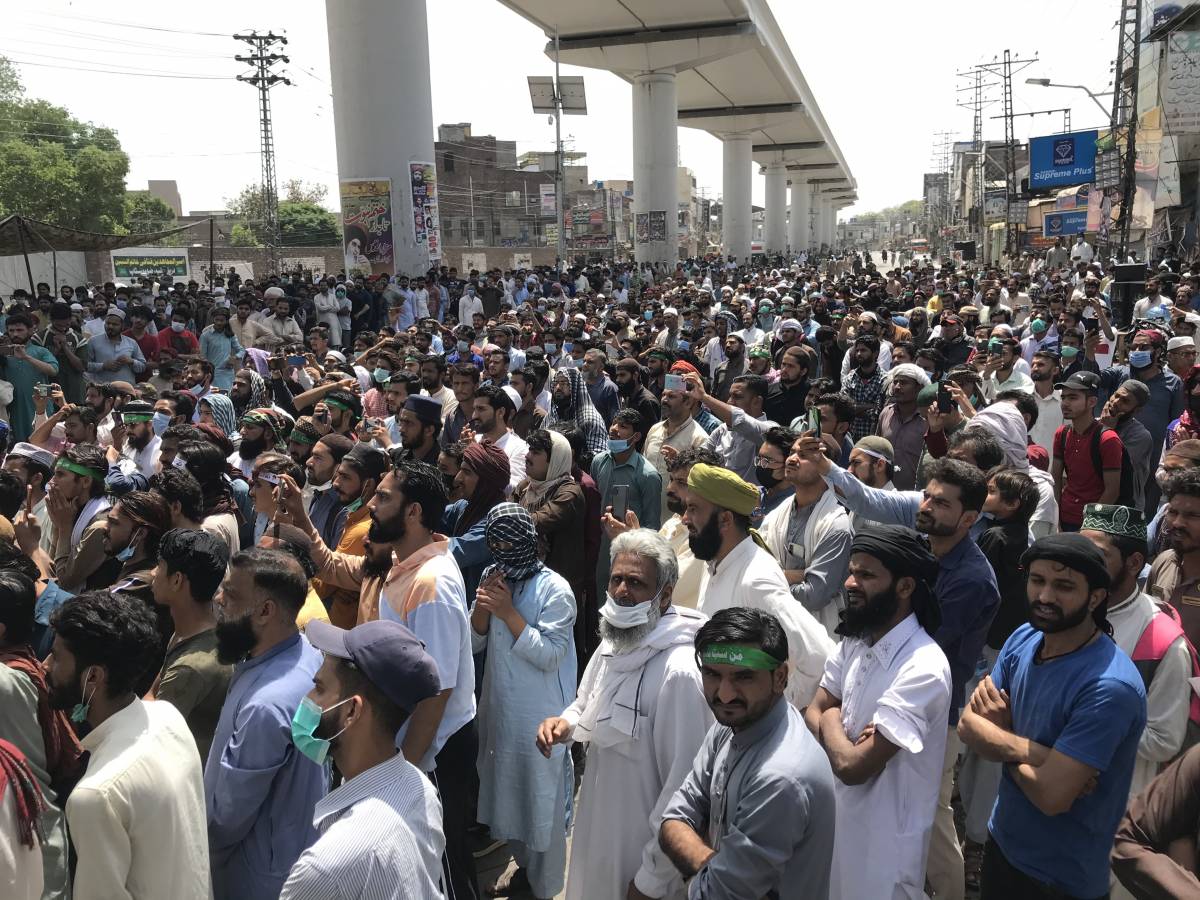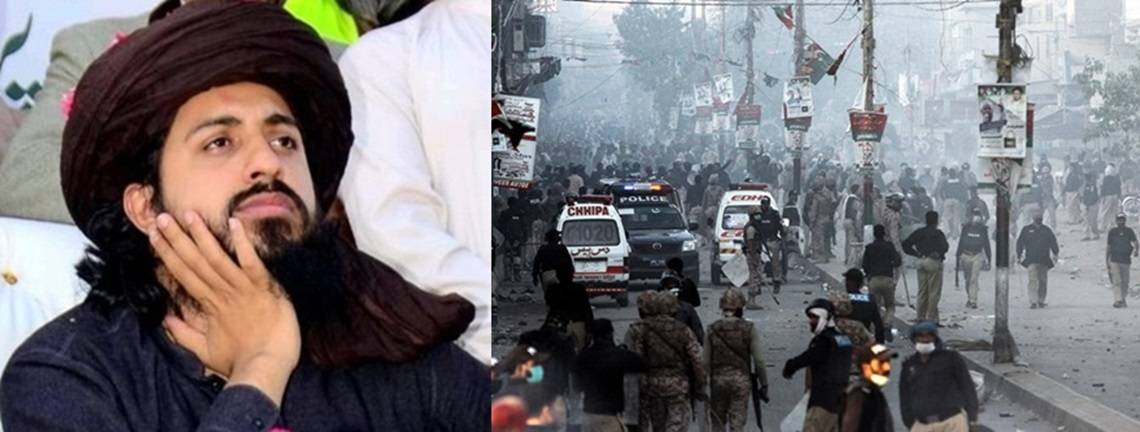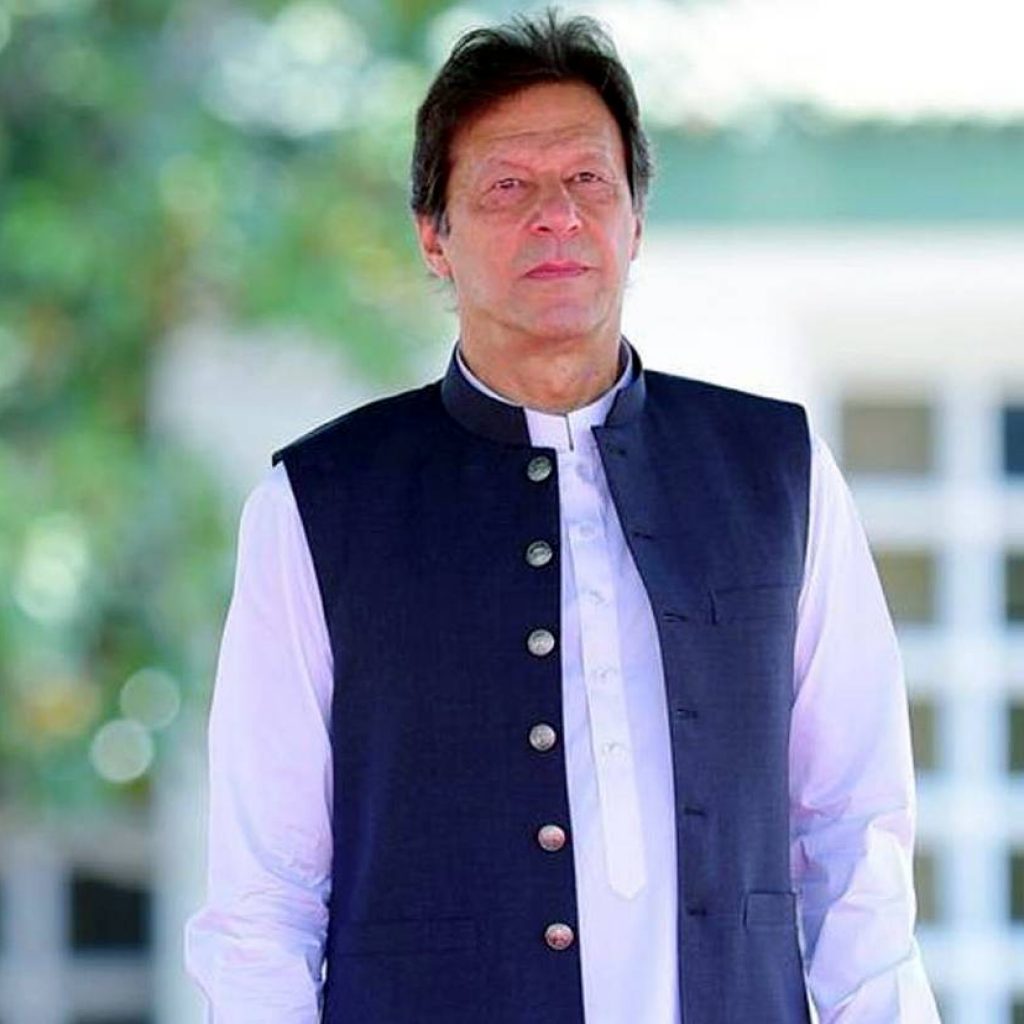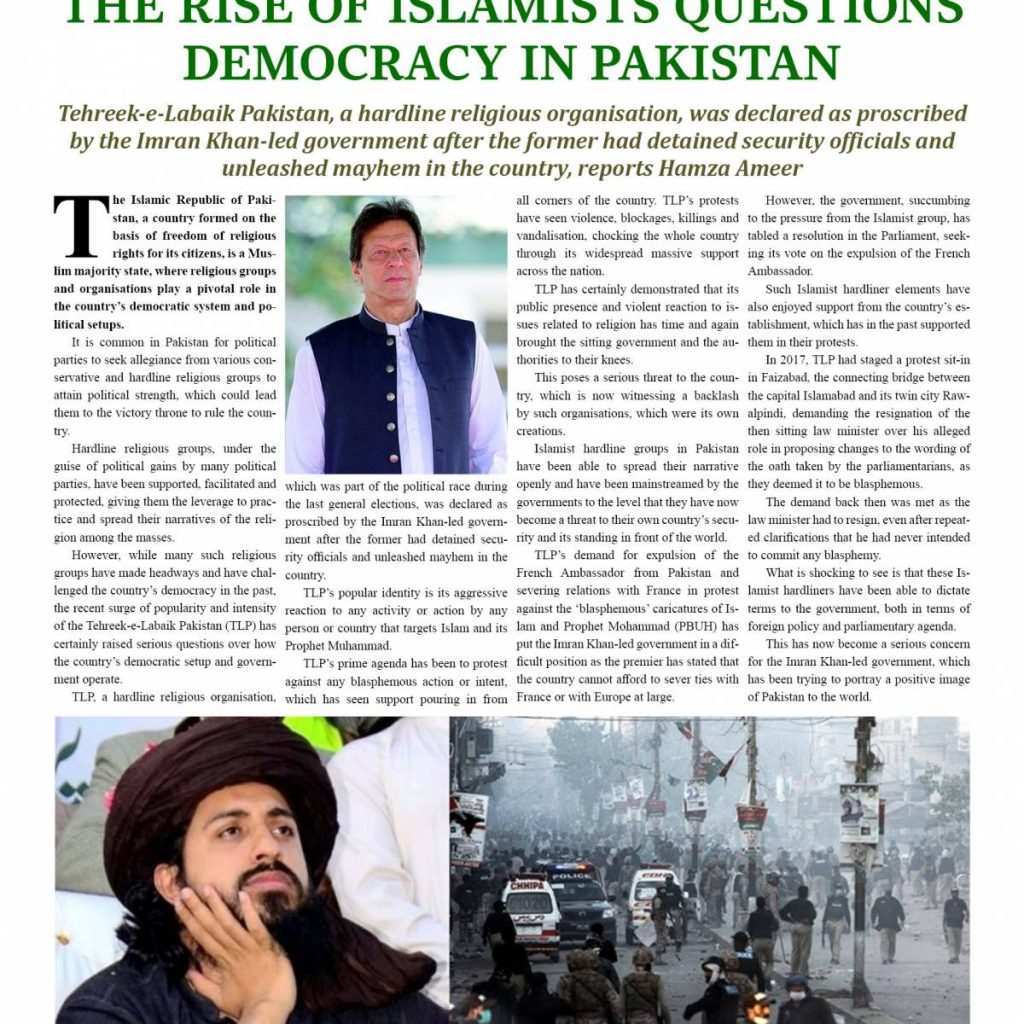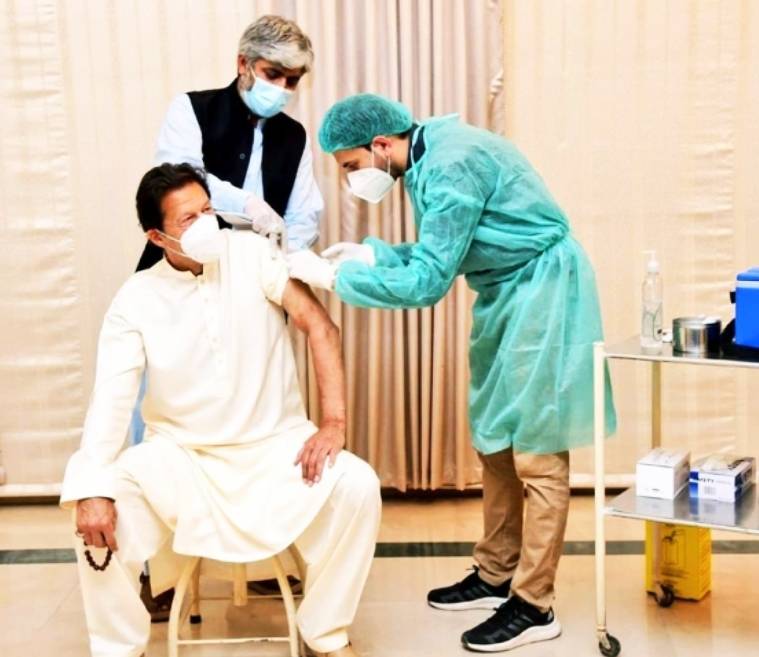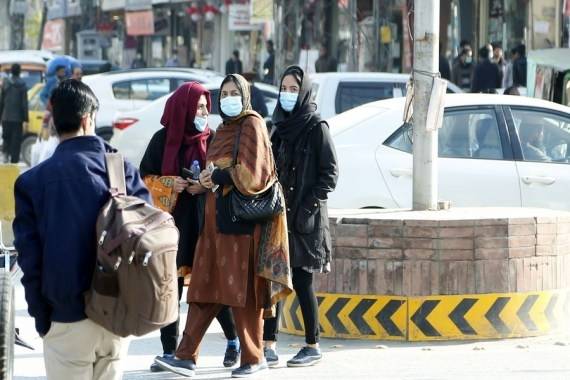Instead of getting down to tackle these tremendous challenges, Imran Khan has been more busy tongue-lashing his own diplomats, squabbling with his country’s staunch supporter in Saudi Arabia, suppressing media outlets and making millions of minorities in his country feel as infidels … writes Dr Shariq Khan
It took only thirty-odd months for Prime Minister Imran Khan to sink in the quicksand of eroding public confidence in his capability to steer Pakistan through one of its most challenging times. Pakistan is today faced with an economic meltdown, worst-ever global perception, serious internal conflicts and a raging epidemic.

Instead of getting down to tackle these tremendous challenges, Imran Khan has been more busy tongue-lashing his own diplomats, squabbling with his country’s staunch supporter in Saudi Arabia, suppressing media outlets and making millions of minorities in his country feel as infidels.
It was known for some time that the Prime Minister had lost the script and was acting more like a ventriloquist’s doll. Recent events show that he was being abandoned by his patrons in Rawalpindi as well.
The latest broadside against him has come from within his own party–one of his erstwhile confidant, Jahangir Tareen, has fallen out with him and has decided to form a breakaway group, raising questions about the legitimacy of his government to rule. Although Tareen has since denied breaking away from PTI, the claims and counterclaims indicate a rift within Imran Khan’s party which could undo the government faster than a yorker.
A more visible dissonance can be detected in Khan’s relationship with army chief General Javed Bajwa. Bajwa has been instrumental in putting Khan in Islamabad and has since chaperoned his protege out of trouble on numerous occasions. During the peak of the economic crisis, Bajwa stepped in himself to encourage the industry leaders to invest in Pakistan. He placed one of his confidants in the CPEC management to ensure steady progress of the ambitious project with China. At the diplomatic level, Bajwa and his team have been moving, at quick intervals, to sort out the mess created by Khan or his Foreign Minister. Be it Saudi Arabia or the US, it is Bajwa who has been acting more like a premier than the elected one.
Imran Khan and his government see Riyadh as a stumbling block in the way of Pakistan’s rise as an Islamic power. For the moment, Bajwa has managed to smoothen the ruffled feathers in Riyadh but is obviously miffed at taking on new troubles on behalf of the government.
Now, even Bajwa seems to be tired of showing his protege where to go. This has been nowhere else evident than in the case of India. In March this year, Bajwa made it public that the army was thinking of diverting some of its attention from India to more urgent problems like the economy and Afghanistan. It was therefore important, he made it known, that a semblance of peace be maintained with India. It is not clear how well or how much did the General tell his Prime Minister. Going by what happened afterwards, it became clear that at least Khan and his ministers did not get the full import of what the General had imagined. They saw a booming trade with India and made a loud sound about it, only to do a quick u-turn. The Foreign Minister went one step ahead and made utterances which were no less than blasphemous in Pakistan.

More retractions followed. Then there is the case of Saudi Arabia. Prime Minister Khan, in collaboration with his friend in Istanbul, President Recep Tayyip Erdogan, has been advocating a new Islamic bloc to counter Saudi Arabia’s leadership of the Organisation of Islamic Countries (OIC). Bajwa and the army, on the other hand, are keen to keep Riyadh happy and trusting–the relationship is too deep and long to be abandoned at this crucial hour, at least for the army. Imran Khan and his government see Riyadh as a stumbling block in the way of Pakistan’s rise as an Islamic power. For the moment, Bajwa has managed to smoothen the ruffled feathers in Riyadh but is obviously miffed at taking on new troubles on behalf of the government.
On the political front, the army has a different playbook than Imran Khan. Shahbaz Sharif is the elephant in the room. The younger Sharif has been close to the army and last year when he was tested Covid positive, Bajwa had personally called him to enquire about his health. For all his failings, Imran Khan will not be an easy pushover but, as the public humiliation of the diplomatic community showed, he could tie himself in knots. That could prove to be his final undoing.
READ MORE: World Bank grants Pakistan $153mn for Covid fight
READ MORE: Pakistan puts Shahbaz Sharif in Exit Control List

